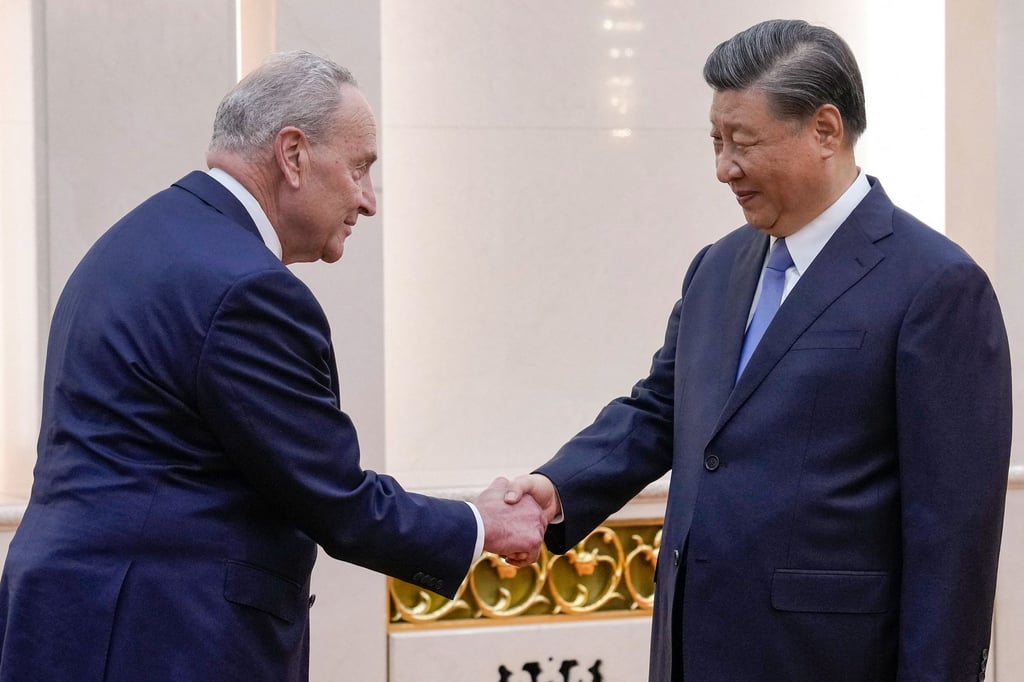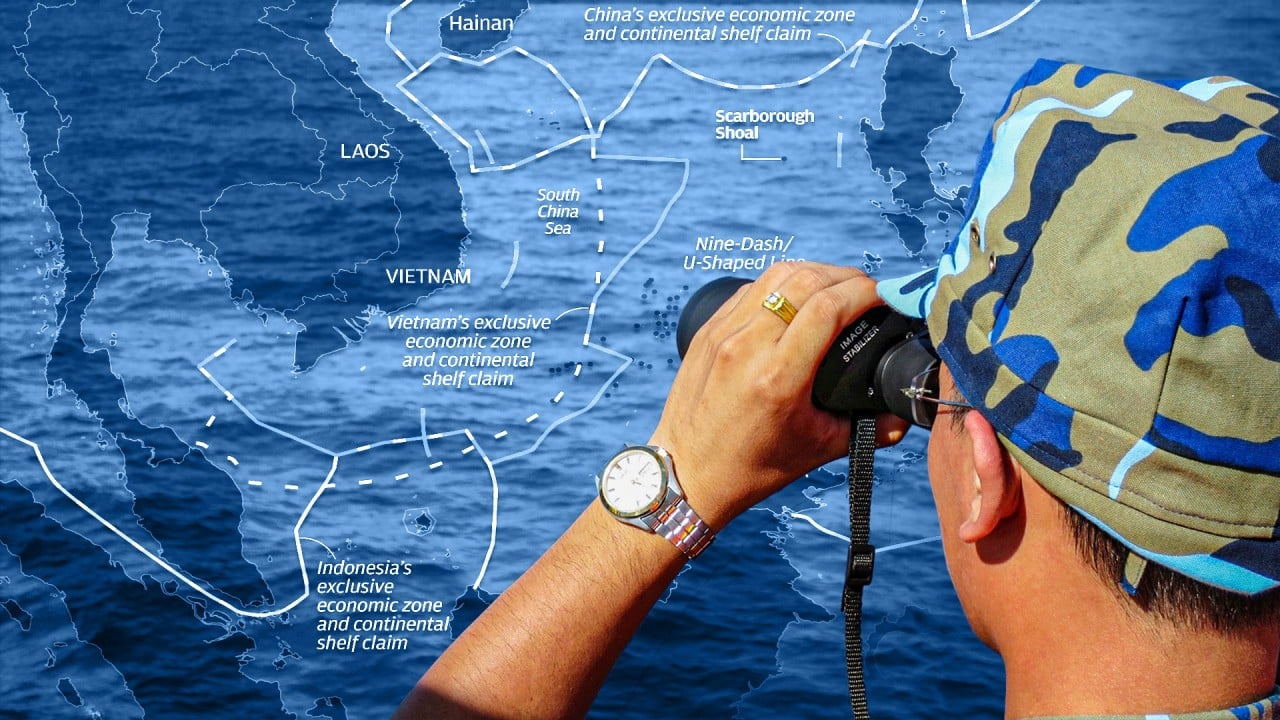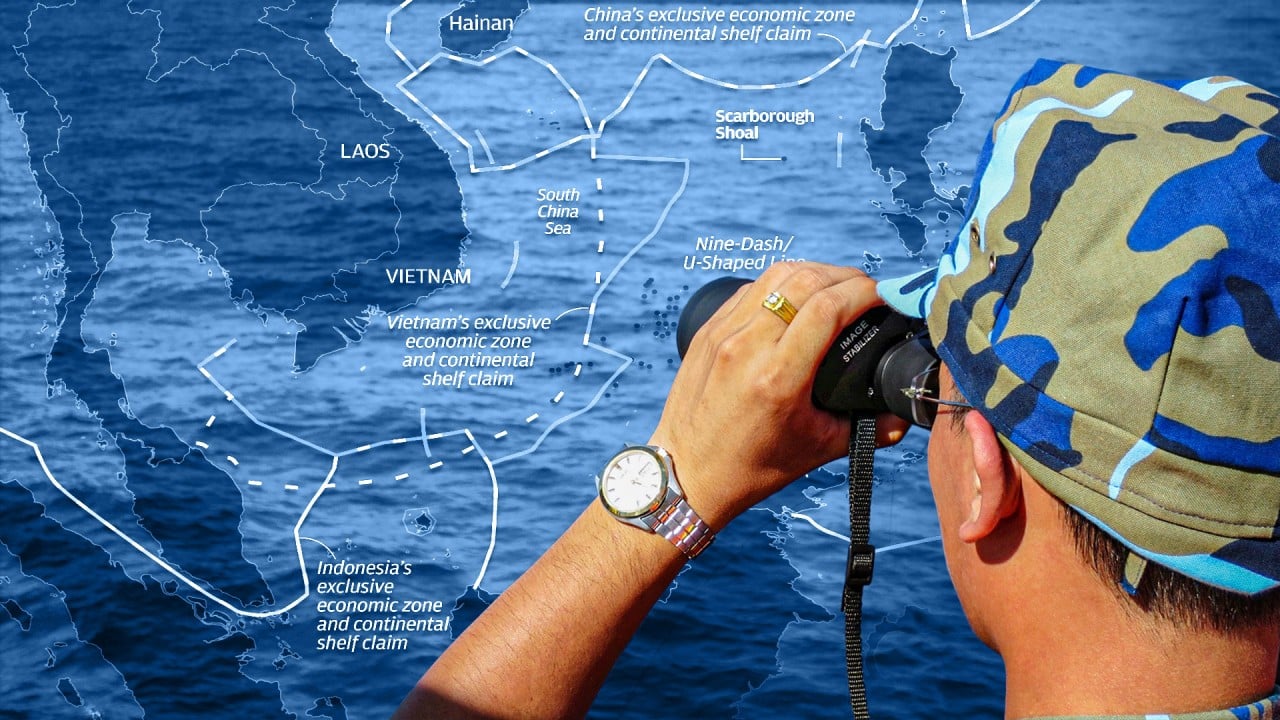When the curtain fell on the Paris Summer Olympics last weekend, people from all over the world took note that the United States and China tied for first place with 40 gold medals each, leading the rest of the competing countries by quite a margin.
Graham Allison, a Harvard professor who is best known for his 2017 book, Destined for War: Can America and China Escape Thucydides’s Trap?, observed in The National Interest late last week, “China’s rise from essentially nowhere to become the leading rival of the United States in the Olympics mirrors its rise in virtually every other dimension to become the defining geopolitical rival in the [21st century].”
Allison got the point, but the analogy can go only so far. While competition in the Paris Olympics did not go much beyond accusations and counter accusations over doping controversies, the stakes in any geopolitical contest are incomparably higher as it entails loss of property and human lives. The ongoing war in Ukraine has painfully reminded us of this every day for the past two and half years.
The Chinese understand this, especially owing to their tradition of learning from history, which is all but tantamount to a religious belief in their culture. More than 2,000 years ago, legendary military strategist Sun Tzu, warned about the grave consequences of starting a war. “Warfare is of vital importance to a state,” he said in his classic work, The Art of War, adding, “It is a matter of life and death, a road to either to safety or to ruin. Hence it is a subject which by no account can be neglected.”
Beijing knows that Washington’s path to hegemony cannot be copied. For one thing, there is no Second- or- Third Reich equivalent in today’s world to distract and exhaust America as the contemporary version of the British Empire. Today’s Russia is far from a historical equivalent given its total factor weakness.
Beijing knows more acutely that even allowing for America’s global supremacy as a result of a series of fortunate events, Washington had been painfully patient about its fruition. By the late 19th century, America’s purchasing power parity had caught up with Britain’s. US gross domestic product was nearly triple that of Britain’s when World War I started, yet it did not take the baton of world hegemony till 1945. This also explains Beijing’s strategic forbearance, in both economic and military domains.

China has been determined not to engage tit-for-tat in any excessive retaliation against American trade sanctions and technological restrictions, although rhetorically it has made its indignation loud and clear, and has hit back in some carefully chosen areas.
Allison once related an anecdotal story in which President Xi Jinping told a group of US senators visiting Beijing that the American and Chinese economies are deeply intertwined with each other; it is an “I am in you and you are in me” situation and both sides benefit from each other’s growth and development. The phrase left the American guests perplexed, according to Allison, who said he was requested to offer explanatory paraphrasing. This is a vivid example of how different levels of cultural imbibition in two societies can cause a subtle gap in thinking.
Another example can come from looking at the Chinese Communist Party’s third plenum convened last month. The meeting called for a greater opening of the economy, as well as measures to enhance technological innovation and productivity. Where commentators in America and Europe have expressed concern about overcapacity and missing consumption stimuli, I see Chinese decision-makers aiming to be more robustly integrated in international markets.
According to The Economist, a mere US$1.5 trillion in overseas sales were earned in 2023 by publicly listed companies in China, as opposed to US$5.8 trillion and US$6.4 trillion respectively by those in the US and Europe. One can imagine how big a catch-up game China’s businesses have to play beyond its borders, while those who have vocally indicted Beijing find no reason to cease being critical.
In his meeting with US Secretary of State Antony Blinken in Vientiane last month, Foreign Minister Wang Yi emphasised yet again the Taiwan issue as Beijing’s first “red line”. In reality, however, Beijing tends not to assert it as aggressively as one might imagine.
That was the case when Beijing was provoked by former US House speaker Nancy Pelosi’s visit to the island two years ago. That was the case again when Beijing accused Taiwan’s new president William Lai Ching-te of sending “dangerous signals” about seeking independence that undermine peace and stability across the Taiwan Strait in his inaugural address this May, presumably with Washington’s acquiescence or even at its prodding. In both cases, drills were carried out around Taiwan to vent Beijing’s anger and exhibit its ability to inflict punishment. That was largely all there was to it.
The same restraint has been seen over the disputes in the South China Sea, perhaps most notably with the Philippines. The worn-out Philippine warship in the Second Thomas Shoal has been sufficiently fortified to last at least a few more years, despite China claiming that it won’t allow construction material and equipment to be delivered to the vessel.
Let’s hope Beijing’s strategic forbearance continues. In this sense, perhaps the quote from Allison should evoke a wish for the US-China geopolitical rivalry to mirror the Paris Olympics – a fierce, but peaceful, competition.
Terry Su is president of Lulu Derivation Data Ltd, a Hong Kong-based online publishing house and think tank specialising in geopolitics



